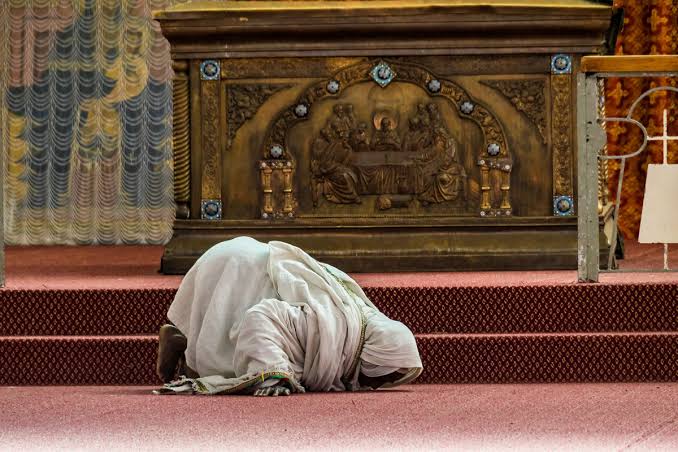At MBBA, we promote the travel and tour culture especially traveling to the motherland to have a feel of Africa. But we also make it a duty to educate you about countries in Africa you may be planning to travel to; so that you can be informed and have a hitch free trip. And for this week, we are talking about Ethiopia.

The traditional Ethiopian calendar is different from the Gregorian calendar that is widely used internationally. New Year is in September and there are 12 months of 30 days followed by a 13th month of 5 days; (or 6 in a leap year). The Ethiopian calendar is 7-8 years behind the Gregorian calendar. If dealing with official documents, you can expect the date to be written in the Ethiopian calendar.

Time of day is also counted differently by traditional Ethiopian mechanisms. Daytime hours are counted beginning from what would be 0600 using a globally standard 24-hour clock, and nightime hours from 1800. “2am” on the Ethiopian clock is therefore equivalent to 0800.
Here are Six Forbidden Things To Note
Never Possess Ivory
Owning ivory is strictly prohibited. A number of tourists found with ivory jewellery have had their items confiscated by authorities and fined.
Never Wear Revealing Clothing To Religious Sites
Be aware of your actions to ensure that they do not offend, especially during the Islamic holy month of Ramadan or if you intend to visit religious sites of the Ethiopian Orthodox Church. Outside Addis Ababa, particularly in rural areas, women may wish to dress modestly to avoid the possibility of causing offence. Modest dress is a must when visiting religious sites.
For women, the ideal dress would be a long flowing shirt and dress that covers the shoulders and knees. Trousers are also fine (though few local women wear them except in Addis Ababa) but shorts or sleeveless tops are not really acceptable, especially in Islamic areas and rural settings. Men should generally wear long trousers and a shirt or T-shirt covering the shoulders. Going shirtless is totally unacceptable and shorts are widely considered to be undignified attire for adult men.

Never Indulge In LGBTQ Activities
Homosexual acts (applying to both sexes) are illegal, and carry penalties of between 1 and 15 years imprisonment. Be sensitive to local laws and customs and avoid public displays of affection.
Beware of Drug Possession and Drug related Activities In Ethiopia
Drug offences are treated seriously in Ethiopia. Don’t become involved with drugs of any kind. Khat is a legal drug in Ethiopia but it is an offence to take it out of the country. Bags are regularly searched at Addis Ababa Bole Airport and anyone found to be in possession; of Khat is likely to face criminal prosecution.
Menstruation, Sex And Holy Places
It is forbidden for a woman to enter any church while menstruating, and there are also taboos on entering certain churches on certain days; if you have had sex the night before or already eaten that day. Traditionally, women are required to cover their body and hair with a long dress and a scarf before entering a church; and while this custom is no longer imposed quite so rigidly as it would have been twenty years ago; it would still be respectful to adhere to it, particularly when visiting rural churches or ones that are unused to tourists.

Never use left hands
As is the case in many Islamic countries, Ethiopians (of all religions) customarily reserve the left hand for ablutions; so it is considered both rude and unhygienic to use that potentially unclean hand to shake hands, to eat, or to pass money or any other object. When eatingcommunally (which is the norm in Ethiopia) it is customary for the eldest person present to take the first handful of food. Be prepared to be the recipient of the custom know as gursa, which entails the host or another guest using their hand to place a tasty morsel of food in the mouth of a respected visitor – disconcerting as this might be, it would be very rude to refuse the offering.

